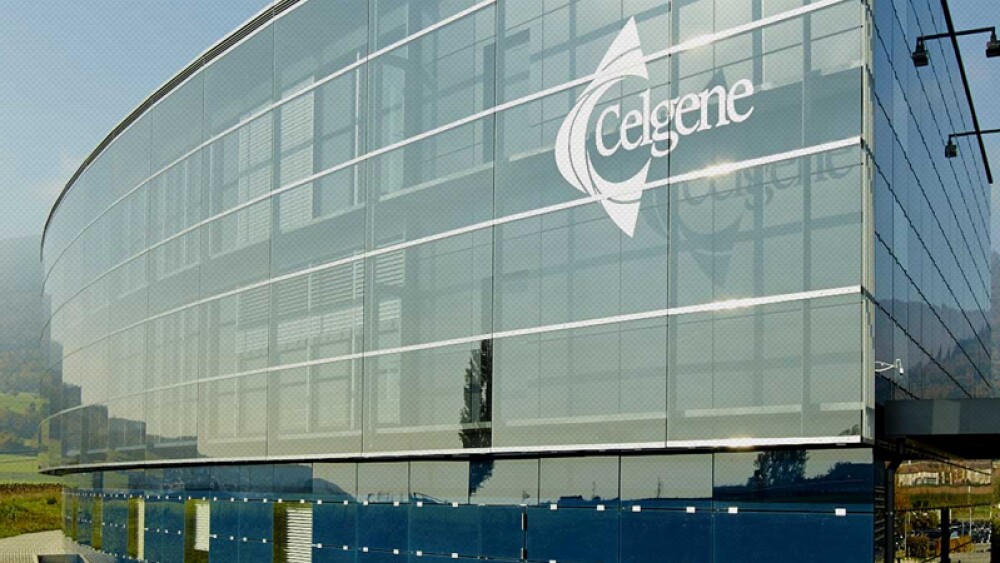January 26, 2017
By Mark Terry, BioSpace.com Breaking News Staff
Summit, NJ-based Celgene Corporation announced today that it was acquiring Cambridge, Mass.-based Delinia for $300 million upfront and an additional $475 million in various milestone payments.
Delinia, which also has research facilities in San Francisco, is focused on developing targeted regulatory T-cell (Treg) therapies. Its protein therapeutic platform is based on research by co-founder and chief scientific officer, Jeffrey Greve.
The company’s technology targets, activates, and augments Treg levels. Tregs exist naturally in the body and participate in regulating the inflammatory response of other cells. Delinia believes its technology balances and restores normal immune regulation in patients with immune and autoimmune diseases, rather than the more typical treatment of broadly suppressing the immune system.
In September 2016, Delinia closed on a Series A investment worth $35 million, co-led by Sofinnova Partners and Atlas Ventures.
In addition to picking up the company, Celgene gains Delinia’s lead program, DEL106, as well as any related second generation programs. DEL1-6 is an IL-2 mutein Fc fusion protein that is engineered to preferentially upregulate Tregs.
“Delinia is at the forefront of advancing new approaches to treating patients with severe and debilitating autoimmune diseases,” said Rupert Vessey, Celgene’s president of Research and Early Development, in a statement. “We look forward to progressing DEL106 into the clinic next year.”
Bruce Booth, a partner with Atlas Ventures, wrote in Forbes today, “Celgene’s expertise in inflammation and immunology (I&I) made it an ideal partner to appreciate the potential of Delinia’s programs. Over the past decade, Celgene has built an impressive I&I portfolio of both internally discovered and externally sourced programs.”
Those include Otezla (apremilast) for psoriasis. Celgene also has other I&I drugs in development, including CC-220, an immunomodulatory, and CC-90001, an anti-fibrotic.
Booth notes, “Celgene’s I&I pipeline also has several high-profile externally sourced therapies, including mongersen/GED-0301 (via a license with Nogra Pharma) and ozanimod (via acquisition of Receptos ). They’ve also been at the forefront of changing the autimmune treatment paradigm, such as with the recent deal with Anokion on tolerance induction. The Delinia programs fit nicely into this growing portfolio, and complement several of these I&I approaches—which was a big driver for Celgene’s overall interest in the story.”
Delinia was co-founded by Jeffrey Greve, chief scientific officer, and Michael Rosenblum, with the University of California San Francisco. Prior to co-founding Delinia, Greve held positions at Atyr, Exelixis and Bayer . The company’s chief executive officer, Saurabh Saha, is an Atlas Venture Partner. The company’s senior vice president of Preclinical and Early Development is Lijun Wu.
Delinia is the first exit from Atlas Venture Fund X, a 2015 vintage fund. Booth writes, “Although Delinia’s time as an independent startup was short and sweet, it’s fair to say the story has all the hallmarks of a great biotech investment: venture creation around innovative and cutting-edge science, efficient use of equity capital, lots of strategic options, a superb team and, in the end, a like-minded corporate partner/acquirer to take it to the next level.”





